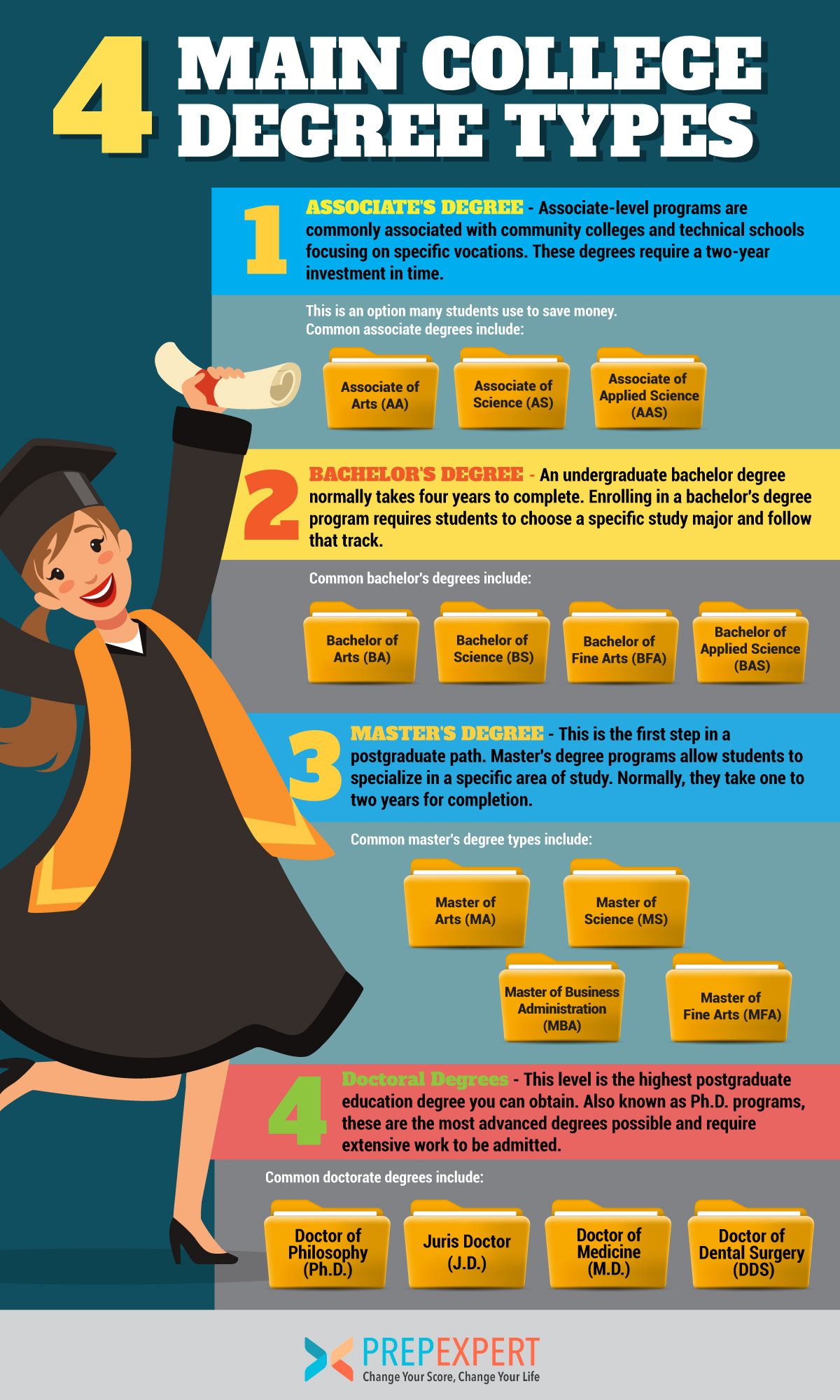Why Choosing the Right Major Matters
Choosing the right college major is a critical decision that can have a lasting impact on one’s career prospects and financial stability. With the rising cost of higher education and the increasing competition in the job market, it is essential to select a major that aligns with career goals and job market demands. Unfortunately, many students choose majors that are considered to be among the worst degrees to get in college, leading to limited job opportunities and financial struggles.
According to a report by the National Center for Education Statistics, students who graduate with degrees in certain fields, such as fine arts or drama, are more likely to struggle with unemployment and underemployment. In fact, a study by the Federal Reserve found that graduates with degrees in these fields are more likely to be working in jobs that do not require a college degree, leading to a mismatch between their skills and job requirements.
This mismatch can have serious consequences, including lower salaries, limited career advancement opportunities, and increased student debt. In fact, a report by the Institute for College Access and Success found that students who graduate with degrees in fields with poor job prospects are more likely to default on their student loans.
Therefore, it is crucial for students to carefully consider their career goals and job market demands when choosing a college major. By selecting a major that is in high demand and has strong job prospects, students can set themselves up for success and avoid the pitfalls of choosing one of the worst degrees to get in college.
How to Identify Degrees with Poor Job Prospects
Identifying college degrees with poor job prospects requires research and analysis of various factors, including job placement rates, career advancement opportunities, and salary potential. Here are some tips to help you research and identify degrees that may be considered among the worst degrees to get in college:
1. Check job placement rates: Look for data on job placement rates for graduates of specific degree programs. This information can be found on college websites, career services websites, or through online resources such as the National Association of Colleges and Employers (NACE).
2. Research career advancement opportunities: Investigate the career advancement opportunities available to graduates of specific degree programs. Look for data on promotion rates, salary increases, and job satisfaction.
3. Analyze salary potential: Research the average starting salaries and mid-career salaries for graduates of specific degree programs. This information can be found on websites such as PayScale, Glassdoor, or the Bureau of Labor Statistics.
4. Evaluate industry trends: Research industry trends and job market demands to determine which degree programs are in high demand and which are not. This information can be found on websites such as the Bureau of Labor Statistics or through industry reports.
5. Review accreditation and program reputation: Check if the degree program is accredited by a recognized accrediting agency and if the program has a good reputation among employers and industry professionals.
By following these tips, you can research and identify college degrees that may have poor job prospects and make informed decisions about your academic and career choices. Remember, choosing the right major is crucial to securing a successful and fulfilling career.
The Worst College Majors for Job Prospects
While every college major has its own unique value and potential, some degrees are considered to have poor job prospects due to various factors such as low demand, limited career advancement opportunities, and low salary potential. Here are some of the worst degrees to get in college, based on data and statistics:
1. Fine Arts: According to the National Center for Education Statistics, the unemployment rate for fine arts graduates is around 12.6%, which is significantly higher than the national average. Additionally, the median starting salary for fine arts graduates is around $30,000, which is lower than many other majors.
2. Drama or Theater Arts: The job market for drama or theater arts graduates is highly competitive, with many graduates struggling to find stable employment. According to the Bureau of Labor Statistics, the median annual salary for actors is around $40,000, and the unemployment rate is around 10.3%.
3. Music: While music is a valuable and enriching field, it can be challenging to find stable employment as a music major. According to the National Association of Schools of Music, the median starting salary for music graduates is around $25,000, and the unemployment rate is around 11.4%.
4. Anthropology: Anthropology is a fascinating field, but it can be challenging to find employment outside of academia. According to the American Anthropological Association, the median starting salary for anthropology graduates is around $30,000, and the unemployment rate is around 10.5%.
5. Archaeology: Archaeology is a highly specialized field, and job opportunities can be limited. According to the Society for American Archaeology, the median starting salary for archaeology graduates is around $25,000, and the unemployment rate is around 12.1%.
These degrees are not necessarily “bad” or without value, but they may require additional education, training, or experience to increase job prospects and salary potential. It’s essential to carefully consider the job market and career advancement opportunities when choosing a college major.
Alternatives to the Worst College Majors
While some college majors may have poor job prospects, there are often alternative majors that can provide better career opportunities and salary potential. Here are some examples of alternative majors that can be considered instead of some of the worst degrees to get in college:
Instead of Fine Arts, consider:
Graphic Design: Graphic design is a creative field that involves designing visual elements such as logos, graphics, and websites. According to the Bureau of Labor Statistics, the median annual salary for graphic designers is around $55,000, and the job outlook is expected to grow 13% from 2020 to 2030.
Digital Media: Digital media involves creating digital content such as videos, animations, and special effects. According to the Bureau of Labor Statistics, the median annual salary for digital media specialists is around $62,000, and the job outlook is expected to grow 10% from 2020 to 2030.
Instead of Drama or Theater Arts, consider:
Communications: Communications involves studying the ways in which people communicate and interact with each other. According to the Bureau of Labor Statistics, the median annual salary for communications specialists is around $62,000, and the job outlook is expected to grow 10% from 2020 to 2030.
Public Relations: Public relations involves managing the public image of a company or organization. According to the Bureau of Labor Statistics, the median annual salary for public relations specialists is around $62,000, and the job outlook is expected to grow 10% from 2020 to 2030.
Instead of Music, consider:
Audio Production: Audio production involves creating and editing audio content such as music, sound effects, and voiceovers. According to the Bureau of Labor Statistics, the median annual salary for audio producers is around $55,000, and the job outlook is expected to grow 10% from 2020 to 2030.
Music Therapy: Music therapy involves using music to help people with physical, emotional, or cognitive disabilities. According to the Bureau of Labor Statistics, the median annual salary for music therapists is around $60,000, and the job outlook is expected to grow 10% from 2020 to 2030.
These alternative majors can provide better career opportunities and salary potential than some of the worst degrees to get in college. It’s essential to research and consider different majors before making a decision.
The Impact of Student Debt on Career Choices
Student debt can have a significant impact on career choices, particularly for those who choose majors with poor job prospects. When students graduate with high levels of debt, they may feel pressure to take any job that is available, rather than pursuing a career that aligns with their passions and skills.
This can lead to a range of negative consequences, including lower job satisfaction, reduced career advancement opportunities, and increased stress. Furthermore, students who graduate with high levels of debt may be less likely to pursue further education or training, which can limit their career prospects and earning potential.
Choosing a major with poor job prospects can exacerbate student debt issues. For example, students who graduate with a degree in fine arts or drama may struggle to find employment in their field, leading to a longer period of time before they can start paying off their student loans.
According to a report by the Federal Reserve, students who graduate with high levels of debt are more likely to experience financial stress and anxiety. This can have a range of negative consequences, including reduced credit scores, increased debt delinquency, and decreased financial stability.
It’s essential for students to carefully consider the potential impact of student debt on their career choices. By choosing a major that aligns with their career goals and job market demands, students can reduce their risk of financial stress and anxiety, and increase their chances of success in their chosen field.
Additionally, students can take steps to minimize their student debt, such as applying for scholarships and grants, working part-time jobs, and choosing affordable colleges and universities. By being proactive and informed, students can make smart choices about their education and career, and set themselves up for long-term success.
How to Make the Most of a “Worst” College Major
While some college majors may have poor job prospects, it’s not impossible to succeed with one of these degrees. With the right strategy and mindset, individuals can still make the most of their education and achieve their career goals.
One key way to make the most of a “worst” college major is to develop transferable skills. These are skills that can be applied to a wide range of careers and industries, such as communication, problem-solving, and critical thinking. By focusing on developing these skills, individuals can increase their job prospects and make themselves more attractive to potential employers.
Networking is also essential for making the most of a “worst” college major. Building relationships with professionals in your desired field can help you learn about job opportunities and get your foot in the door. Attend industry events, join professional organizations, and connect with people on LinkedIn to start building your network.
Another important step is to build a strong portfolio. This can be a physical portfolio or an online one, and it should showcase your skills and accomplishments. For example, if you’re a fine arts major, your portfolio might include examples of your artwork, while a drama major’s portfolio might include videos of their performances.
Finally, consider pursuing additional education or training to enhance your job prospects. This could be a graduate degree, a certification program, or even an online course. By investing in your education and skills, you can increase your earning potential and make yourself more competitive in the job market.
While having one of the worst degrees to get in college may present some challenges, it’s not a guarantee of failure. With hard work, determination, and the right strategy, individuals can still achieve their career goals and succeed in their chosen field.
Real-Life Examples of Successful Career Paths
While some college majors may have poor job prospects, there are many examples of individuals who have successfully navigated career paths with these degrees. Here are a few examples:
Emily, a fine arts major, was able to turn her passion for art into a successful career as a graphic designer. She developed her skills in Adobe Creative Suite and built a strong portfolio, which helped her land a job at a top design firm.
David, a drama major, was able to leverage his acting skills to become a successful sales representative. He used his ability to think on his feet and connect with people to excel in his role and eventually became a top performer at his company.
Sarah, a music major, was able to turn her love of music into a successful career as a music therapist. She pursued additional education and training in music therapy and was able to find a job at a hospital, where she uses music to help patients recover from illness and injury.
These examples illustrate that it is possible to succeed with a college major that is considered to be one of the worst degrees to get in college. By developing transferable skills, networking, and building a strong portfolio, individuals can increase their job prospects and achieve their career goals.
It’s also worth noting that many successful individuals have majored in fields that are considered to have poor job prospects. For example, Steve Jobs, the co-founder of Apple, dropped out of college but later returned to study calligraphy, which he credits with helping him develop the skills he needed to create the Macintosh computer.
While these examples are inspiring, it’s essential to remember that success is not solely dependent on the college major. It’s crucial to develop a range of skills, build a strong network, and be adaptable in the job market.
Conclusion: Making Informed Choices About Your College Major
Choosing a college major is a critical decision that can have a significant impact on one’s career prospects and financial stability. While some college majors may have poor job prospects, it’s essential to remember that success is not solely dependent on the major. By developing transferable skills, networking, and building a strong portfolio, individuals can increase their job prospects and achieve their career goals.
It’s crucial to do your research and make informed choices about your college major. Consider the job market demands, salary potential, and growth opportunities in your desired field. Don’t be afraid to explore alternative majors that may have better job prospects and career advancement opportunities.
Remember, the worst degrees to get in college are not necessarily a guarantee of failure. With hard work, determination, and the right strategy, individuals can still achieve their career goals and succeed in their chosen field.
In conclusion, choosing a college major that aligns with your career goals and job market demands is essential for success. By being informed and making smart choices, you can set yourself up for a successful and fulfilling career.






